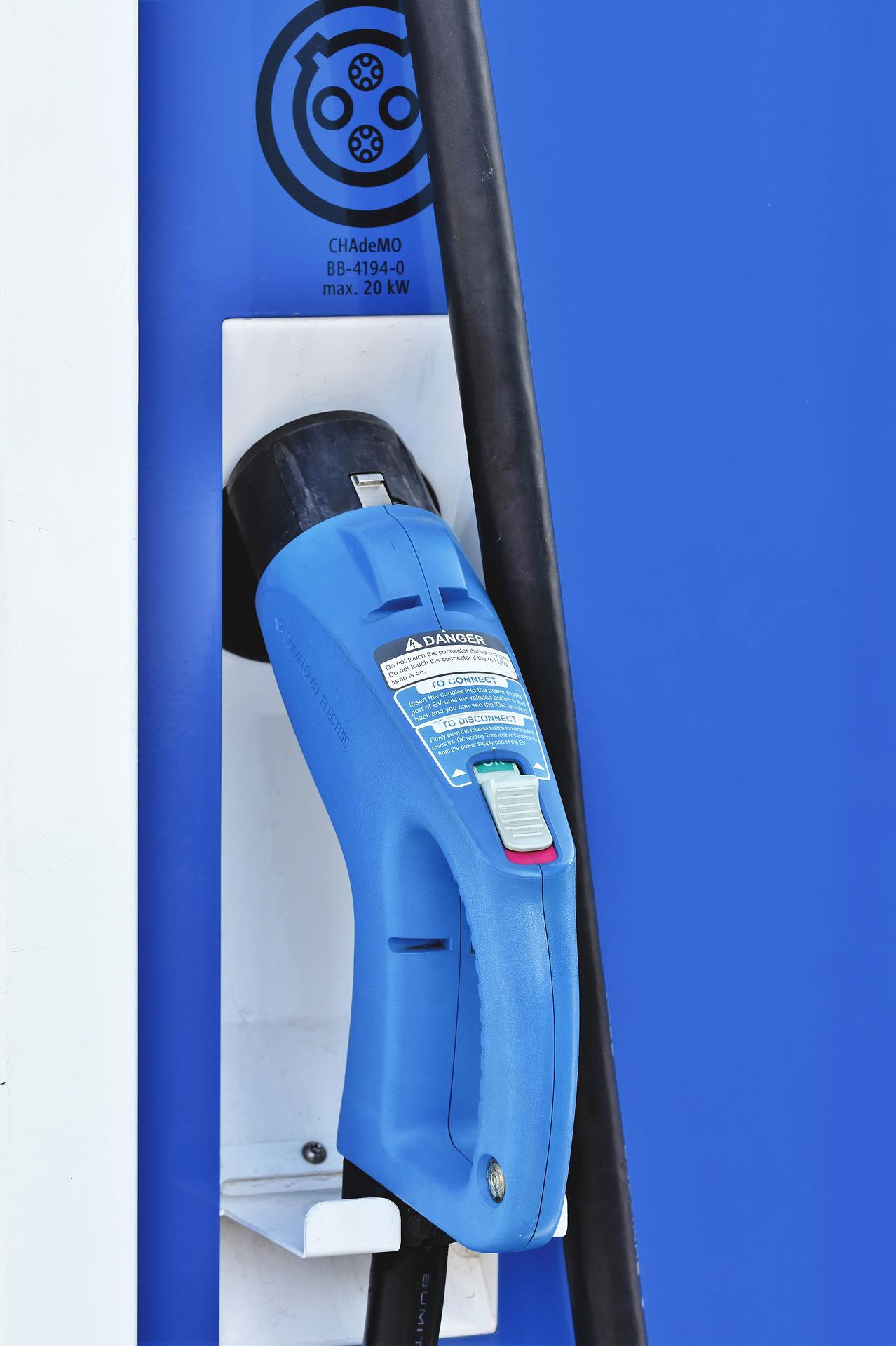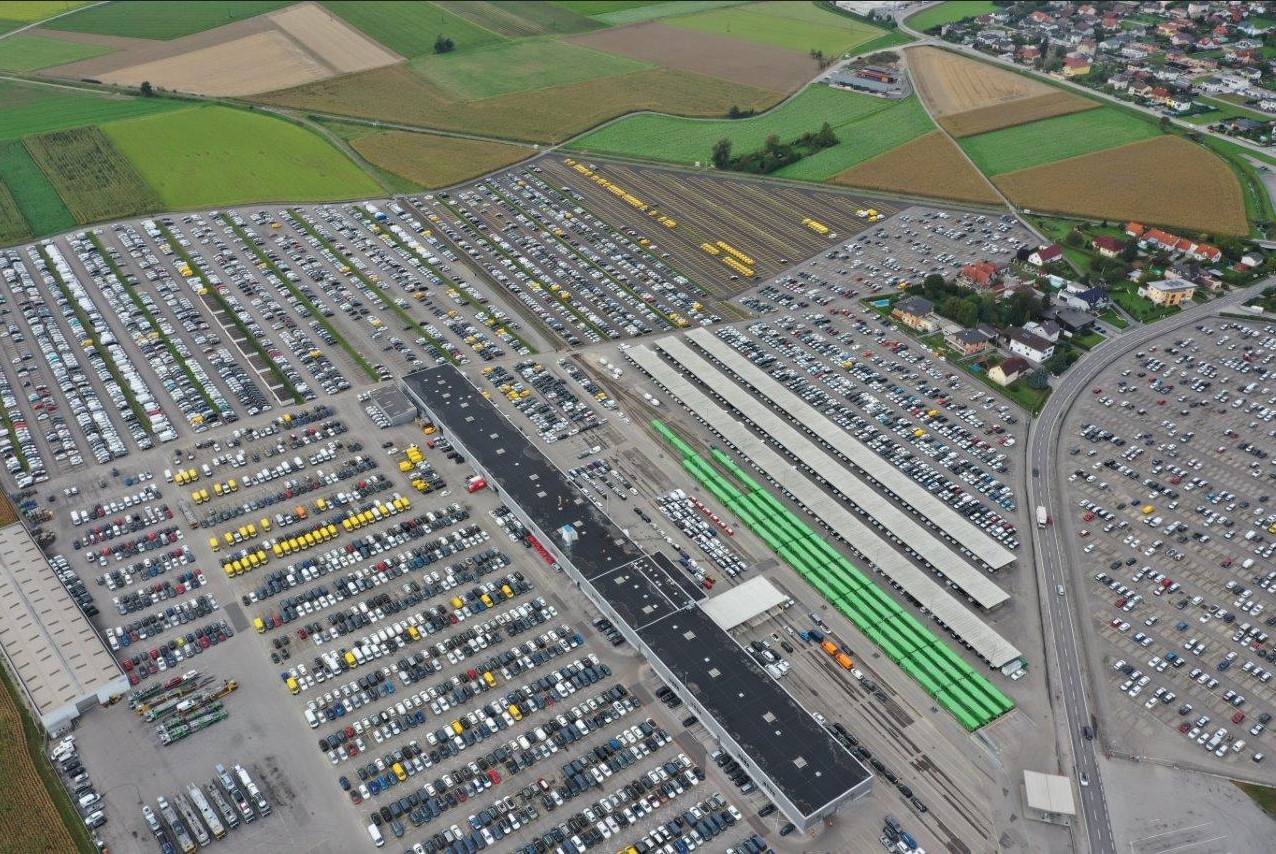The finalists for this year´s induction into the international Logistics Hall of Fame have been selected. On July 7th, the Logistics Hall of Fame Council nominated six personalities at the Federal Ministry for Digital and Transport. Three candidates reached the final for the “TRATON Logistics Leader of the Year” award. In the run-up, 24 valid proposals from all over the world had been received by the award organisation. The lists of candidates for both awards are traditionally secret and are not published.
The members of the Logistics Hall of Fame Council 2022 are: Dr. Atif Askar (Head of Business Development, Strategy and M&A, TRATON SE), Marten Bosselmann (Chairman Bundesverband Paket & Expresslogistik (BIEK) e.V.), Prof. Dr. Julia Hartmann (Professor for Sustainability Management, EBS University for Business and Law), Oliver Luksic MdB (Parliamentary State Secretary to the Federal Minister for Digital and Transport), Dr. Michael Niedenthal (Head of Department, traffic policy, Verband der Automobilindustrie (VDA) e.V.), Matthias Rathmann (Editor-in-Chief trans aktuell), Sascha Schmel (Managing Director of the Association for Materials Handling and Intralogistics in the VDMA), Dr. Martin Schwemmer (Managing Director, Bundesvereinigung Logistik (BVL) e.V.) and Anita Würmser (Jury Chairwoman of the Logistics Hall of Fame).
Matthias Klug, Senior Director Brand Differentiation KION Industrial Trucks & Services EMA (KION IST EMEA), has assumed the office of election commissioner in 2022.
For the Logistics Hall of Fame, the next phase of the selection process will now begin: Who will enter the Hall of Fame as a new member and who will be awarded “TRATON Logistics Leader of the Year” will be decided in the coming weeks by the jury, which is made up of around 70 internationally renowned sector experts from business, media and politics, including Logistics Business News Editor Peter MacLeod.
The Logistics Hall of Fame documents the major milestones in logistics. The decisive factor for induction is that his or her work has made a significant and lasting contribution to the advancement of logistics beyond the boundaries of the company itself. To date, 37 men and women have been inducted to the Hall of Fame.
The “TRATON Logistics Leader of the Year” is awarded to the pacesetters and future leaders in the logistics industry. The focus is on topicality and the benefits for the own company as well as innovative strength, sustainability and corporate change. The award is given by the Logistics Hall of Fame and donated by TRATON SE.
Both awards will be presented at the annual gala reception.
The Logistics Hall of Fame was founded in 2003 and honours leading figures who have made outstanding efforts to promote the further development of logistics and supply chain management. This eternal pantheon is also designed to remind future generations of the achievements of these individuals in the service of logistics. The aim of the Logistics Hall of Fame is to act as a worldwide platform to publicise the performance capability of logistics and its importance for society. The Logistics Hall of Fame is a non-profit initiative supported by the world of politics, associations, the logistics industry and logistics science. The patron is Dr. Volker Wissing, German Federal Minister for Digital and Transport.
CAPTION (left to right): Matthias Rathmann, Dr. Martin Schwemmer, Anita Würmser, Sascha Schmel, Oliver Luksic, Marten Bosselmann, Dr. Atif Askar, Dr. Michael Niedenthal and Prof. Dr. Julia Hartmann.





 The average price-per-mile for haulage and courier vehicles has jumped from 103.1 points in June 2019 to 122.0 points in June 2022, according to the TEG Price Index – a rise of 18% over the three-year period.
The average price-per-mile for haulage and courier vehicles has jumped from 103.1 points in June 2019 to 122.0 points in June 2022, according to the TEG Price Index – a rise of 18% over the three-year period.





